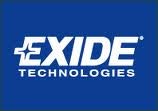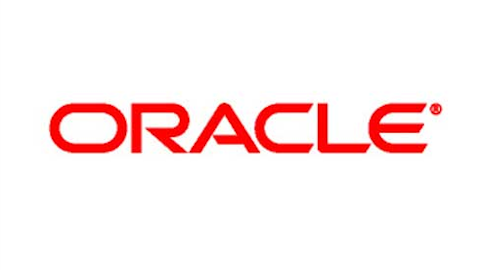The folks at Zero Hedge point out the S&P 500 has been running in place for the past two weeks, alternating between up days and down days for 12-consecutive trading sessions. It’s the first time that’s happened since 1981 and, despite all the gyrations, the index has added just four points to its tally.
The Dow Jones Industrial Average (INDEXDJX:.DJI) is only slightly behind its broader sibling, bouncing like a yo-yo on a string for 10-straight days, but at least it’s added 150 points for all its movement. Yesterday’s 55-point bump higher put the index back above the 14,600 level again.
It may have gotten a boost from Japan’s massive stimulus package, but the euphoria may quickly unravel as the magnitude of the debt load causes the country to crash and burn.

A real car wreck on the horizon
Already crashing and burning was lead-acid battery maker Exide Technologies (NASDAQ:XIDE), which confirmed it had hired a restructuring specialist to help it cope with is financial situation ahead of some of its debt maturing this fall. It’s shares fell almost 48% on the news.
Although lead-acid batteries are a more stable industrial stalwart than the advanced technological storage systems used in electric vehicles (even as Exide Technologies (NASDAQ:XIDE) teams up with Maxwell Technologies Inc. (NASDAQ:MXWL) to make its own EV offerings), most of its revenues — some 60% of the total is derived from Europe, leaving the continent’s financial woes to weigh heavily on operations. But sales here at home also fell 2% in the third quarter, which ended Dec. 31, because of lower sales to OEMs, as well as third-party sellers.
With a winter that seemingly won’t end, however, it could actually see a better fourth quarter. More than three quarters of its transportation segment revenues come from aftermarket sales, and nothing kills a battery better than frigid temperatures. That may have been part of the reason behind Exide Technologies (NASDAQ:XIDE) saying its free cash flow will be approximately $50 million rather than the $30 million it previously guided to.
Exide Technologies (NASDAQ:XIDE) has been in the midst of a turnaround for awhile now and, like a car stuck in a snowbank, it hasn’t been able to gain traction. Yesterday’s price action on its stock suggests the market thinks it’s going to end up in the ditch.
Wearing the dunce cap
Not nearly as dramatic a drop or for reasons as good as those that brought Exide Technologies (NASDAQ:XIDE) low, Teradata Corporation (NYSE:TDC) tumbled 7.5% yesterday after analysts at Morgan Stanley (NYSE:MS) removed the stock from their “Best Ideas” list. While that seems like a pretty specious reason for investors to dump the stock, the analyst also cut her revenue and profit estimates as industry rivals like Oracle Corporation (NASDAQ:ORCL) and Tibco Software Inc. (NASDAQ:TIBX) experience a slowdown in growth.
Oracle Corporation (NASDAQ:ORCL) surprised the market last month when it badly missed analyst expectations, as revenue from new software licenses fell 2%, hardware system sales tumbled 23%, and hardware support revenue dropped 6%. Tibco Software Inc. (NASDAQ:TIBX) wasn’t any better, missing on the top and bottom lines, but coming up short of its own guidance really hurt. With guidance for next quarter also below expectations, the Morgan Stanley (NYSE:MS) analyst may have been right to expect the entire sector to feel the pinch.
Yet, Teradata Corporation (NYSE:TDC) is also seen as being one vendor that’s able to hold its own, and the analyst sees long-term 10% revenue growth for the business services provider well within its grasp. After yesterday’s fal,l and with shares down some 44% from their 52-week high, Teradata may be worth a second look.
The article Why Did My Stock Just Die? originally appeared on Fool.com.
Fool contributor Rich Duprey owns shares of Oracle. The Motley Fool recommends Teradata and Tibco Software. The Motley Fool owns shares of Oracle.
Copyright © 1995 – 2013 The Motley Fool, LLC. All rights reserved. The Motley Fool has a disclosure policy.



